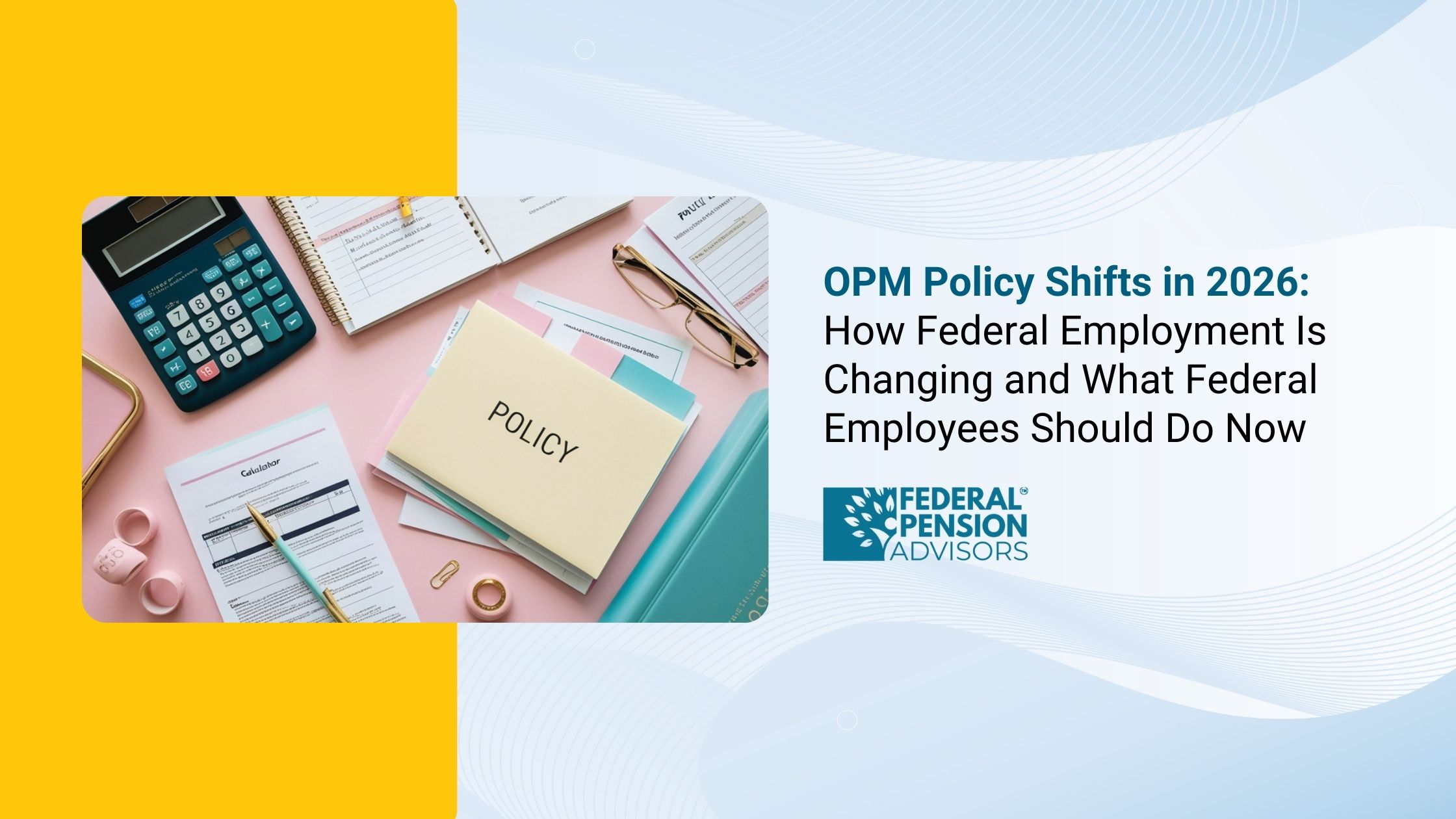You’re not alone; 4,359 federal employees booked their free review.

Health vs Life Insurance Guidance for Federal Pension Advisors
Health and life insurance are key parts of a good financial plan. Knowing how each type works is crucial when choosing the best one for your needs. The main difference between health insurance and life insurance is their purpose: health insurance helps cover medical expenses, whole life insurance provides financial support to your beneficiaries if you pass away.
Health Insurance vs. Life Insurance
Health insurance helps cover the costs of medical care, including doctor visits, hospital stays, medications, tests, and procedures. This makes it easier for people to get the medical treatment they need to stay healthy.
Life insurance provides a lump sum payment to your beneficiaries if you pass away unexpectedly. This money is meant to replace your income, cover funeral costs, medical bills, and other debts, or help with future expenses like college savings or retirement. This way, your family can maintain financial stability even without your earnings.
Many people need both health and life insurance, especially if they have dependents. The best approach is to get only the coverage you truly need so that you can afford both types of insurance.

Health Insurance
Understanding How Life and Health Insurance Policies Work
Life insurance helps support your loved ones financially after you pass away. As the person with the policy, you pay regular premiums to keep it active. When you die, the insurance company gives a sum of money, known as the death benefit, to the people you chose (your beneficiaries). This money helps them cover living expenses like housing and food. The details of how the policy works can vary based on the type of policy and the insurance company you choose.
Health insurance helps protect your finances during a medical emergency. Before you buy a plan, make sure you understand what is covered and what isn’t, and know the process for getting the policy. Some insurance companies may require you to undergo medical exams before issuing a policy. Filing a claim is straightforward. You have two options:
1. Cashless Claim: If you get treated at a hospital that is part of the insurance company's network, the insurer will pay the medical bills directly to the hospital according to the policy terms.
2. Reimbursement Claim: You pay the bills upfront, then submit them along with medical reports and doctor’s prescriptions to the insurance company. After verifying the documents, the insurer will reimburse you.
When to Get Health Insurance
Health insurance helps pay for medical care so you don't have to cover all the costs yourself. It's usually worth having unless you can easily afford medical bills on your own.
Health insurance is especially important if you:
- Have a chronic health condition
- Have a family history of certain health issues
- Have a family or plan to start one
When to Get Life Insurance
Life insurance gives money to your loved ones when you pass away. For example, if you're married and help support your family financially, life insurance can help your spouse pay for daily expenses, the mortgage, or your children's college costs. Your beneficiary can use the money from the life insurance however they need.
Life insurance especially important if you:
- Have cosigned student loans and don't want to leave your cosigners with the debt
- Own a home with someone and want them to be able to pay off the mortgage if you pass away.
- Run a business with partners and want to make sure the business can continue without you.
- Want to leave enough money to cover your debts and pay for your funeral and burial
Don't have a family now but plan to start one someday and want to lock in a low life insurance rate now.
Do You Need Life Insurance After You Retire?
There isn’t a single answer for everyone. If you can easily pay your bills and your kids are financially independent, you probably don’t need life insurance. However, if you have a lot of debt, like a mortgage, or if your spouse or children rely on you, having life insurance is a good idea. Also, if you have a lot of assets that could lead to estate taxes, life insurance in an irrevocable trust could help reduce those taxes.
Do I Need Health Insurance If I Am Young?
Yes, it's smart to have health insurance even if you're young and healthy. You never know when accidents or serious illnesses might happen. Even a short visit to the emergency room or a simple surgery can be very expensive without insurance. Some hospitals may also refuse treatment if you don't have insurance, although this is less common now.
Seeking Expert Advice:
It's crucial to consider consulting with a financial advisor or insurance expert when navigating health and life insurance decisions. Their insights can help you understand the nuances of each type of insurance, ensuring you select the right coverage tailored to your needs. They can also provide guidance on choosing policies that align with your financial goals and family situation, helping you make informed decisions that provide security for you and your loved ones.
Conclusion
If you only get the insurance you really need, paying for health and life insurance together seems less scary. If you're under 30 and healthy, you might not need life insurance yet. But if you have people who depend on you, both health and life insurance are essential.


Get Updated
Subscribe to our weekly updates for the latest on retirement planning, federal benefits, exclusive webinars, and more!
Download Federal Retirement: Step-by-step Checklist
This comprehensive guide will help you understand your federal benefits, optimize your savings, and plan for a comfortable future.



.png)








